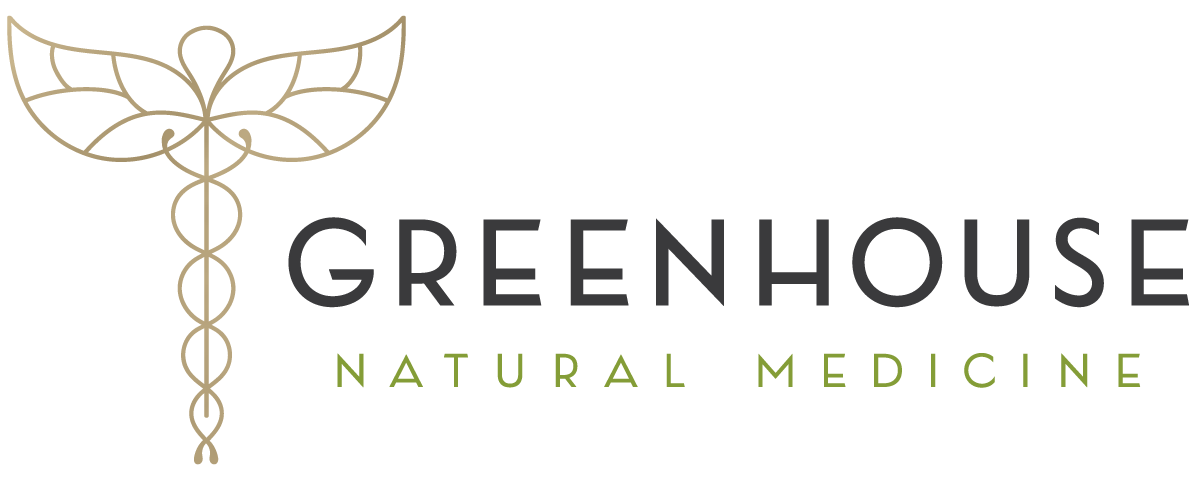Optimizing Nutrition for a Healthy Pregnancy
Which Vitamins are Vital for Pregnancy?
Good nutrition is crucial for a healthy pregnancy. Unfortunately, hormonal birth control (the oral contraceptive pill, IUD, injection or patch) can cause deficiencies of vitamins and minerals. Even months after coming off birth control this may affect your ability to conceive and maintain a thriving pregnancy.
Some of the more common nutrients depleted by hormonal contraception are iron, folate (B9), riboflavin (B2), pyridoxine (B6), cobalamin (B12), Vitamin C, magnesium, selenium and zinc. These are not only important for optimum function of your red blood cells, immune system, nervous system, and metabolism, but they are also vital for weight management, fertility and pregnancy.
Vitamin B6 in Pregnancy
Vitamin B6 can ease the nausea and vomiting of morning sickness. It is also important for healthy brain and nervous system development, mood, and cardiovascular health.
We commonly see Vitamin B6 depleted in cases of low mood and depression. This may be due to the importance of B6 in the production of neurotransmitters such as serotonin, dopamine and GABA, which are all related to mood. Assessing your B6 levels is helpful, especially if you have been on the pill for a long time.
Folate and B12 in Pregnancy
Vitamin B9 (folate) is crucial for fetal DNA replication and synthesis. Adequate folate is important in the prevention of spina bifida and anencephaly – both are related to the proper growth and formation of a baby’s nervous system. Naturopathic Doctors often use folate supplementation to support cases of cervical dysplasia (precancerous abnormal cells of the cervix) due to its importance in DNA replication.
Vitamin B12 (cobalamin) also plays a big role in fetal growth, especially of the nervous system, DNA replication, and red blood cell formation. It can be depleted in certain cases of anemia, long-term alcohol use and nerve damage.
How to Increase Your Nutrients
If these vital nutrients are depleted in your body, you can replenish your stores with a diet of mainly whole foods: red meat, poultry, eggs, fish (tuna, salmon), dark leafy greens (spinach, Swiss chard, kale), fruits, nuts and seeds (pumpkin, chia, sesame, sunflower, almond cashews, peanuts, and Brazil nuts).
Unfortunately, due to our conventional farming practices, soil health is deteriorating, and food is not as nutrient-dense as it once was.
Luckily, you can supplement your nutrition with two different options:
Ingest a daily high-quality multivitamin.
For a more targeted approach, intramuscular (into muscle) and/or intravenous (I.V.) therapy. Bypassing the digestive tract can increase the overall absorption of these vitamins and minerals.
Tips to Finding a High-Quality Multivitamin
Vitamin Ingredient Recommendations
Look for vitamin combinations where the B vitamins are “methylated”. For example: rather than folate, the ingredient listed is methylfolate. When folate is absorbed into the body, you convert it to methylfolate, its bioavailable and active form. Multi-vitamins that already include “methyl” will be easier for your body to put to work.
Vitamin Ingredients to Avoid
Now take a look at the “Other Ingredients” list on the jar, and steer clear of these items:
Titanium dioxide, a common additive, has shown to be toxic to cells and genes, to increase inflammation, and to cause cancer in rats.
Many dyes (common colorants) are genotoxic and have been found to increase the risk of cancer and hypersensitivity reactions.
It can be challenging to find a quality multi-vitamin at your local pharmacy. Though professional brands may be more expensive than what you find at the local store, you will get a better product: free of gluten, dairy, and many other filler substances. Higher quality promotes better absorption and bioavailability – and ultimately, better nutrition for your buck!
Always consult a health care professional before beginning nutritional supplements to ensure you are taking a safe and optimal dose. In overly high amounts, some vitamins and minerals can be harmful to a growing fetus, so be sure to consult your doctor if you are pregnant or trying to conceive.
For a thorough picture of your nutritional status, there are blood tests for common vitamins (such as B6, B9 and B12) which are covered by most insurance plans. More comprehensive tests that cover over 50 nutrients in the blood and measure nutrient levels within the cells themselves are generally not covered by insurance, but are helpful for cases of complex illness, vegetarian/vegan diets, digestive concerns, chronic disease and long-term medication use.
If you would like to learn more about a targeted nutritional supplement approach for your pregnancy and overall health, make an appointment with Greenhouse Natural Medicine.
By Cynthia Hall, ND
References
Folic Acid supplementation and pregnancy: more than just neural tube defect prevention
Vitamin B12 Status in Pregnant Adolescents and Their Infants
Ingestion of titanium dioxide nanoparticles: a definite health risk for consumers and their progeny
Soil health and nutrient density: preliminary comparison of regenerative and conventional farming

